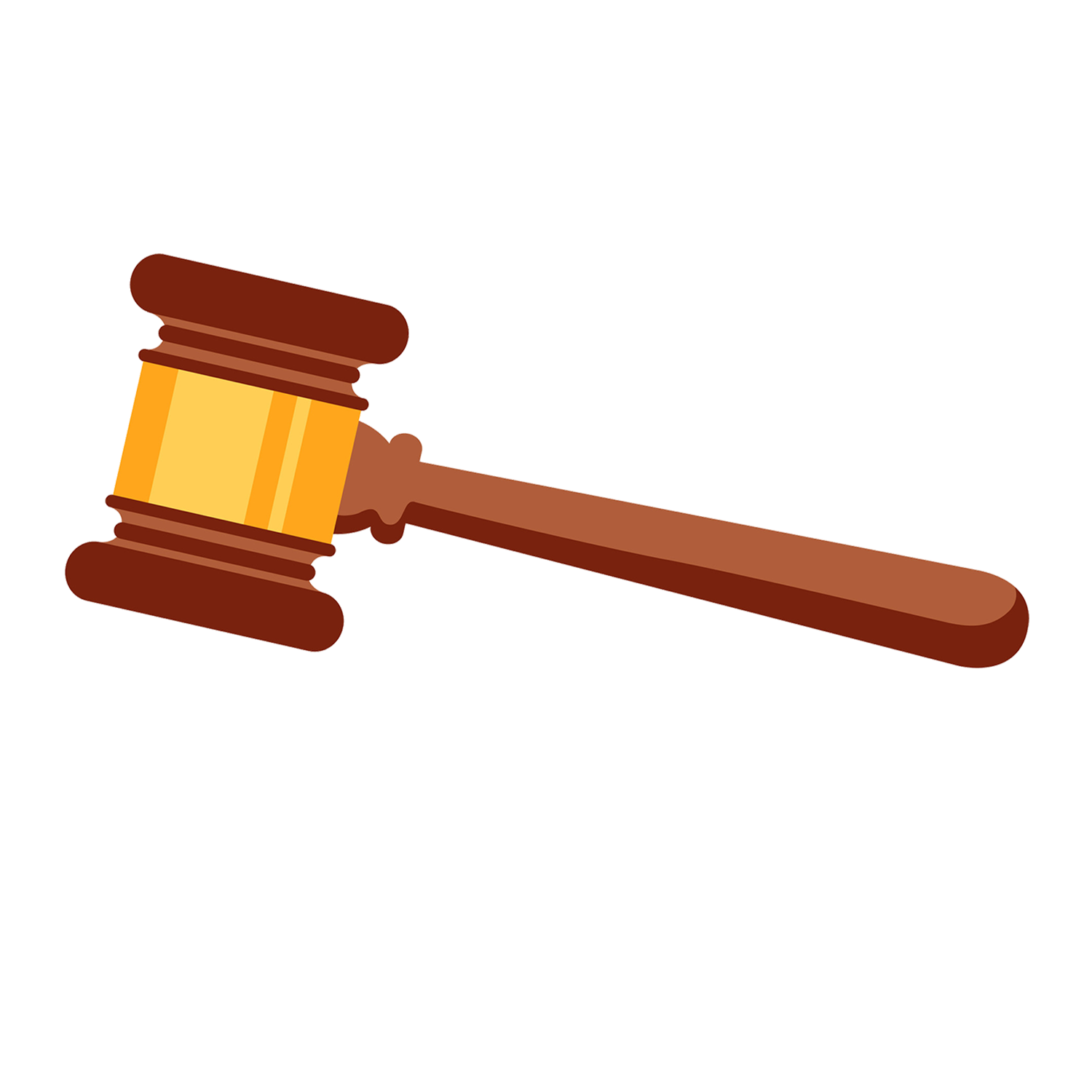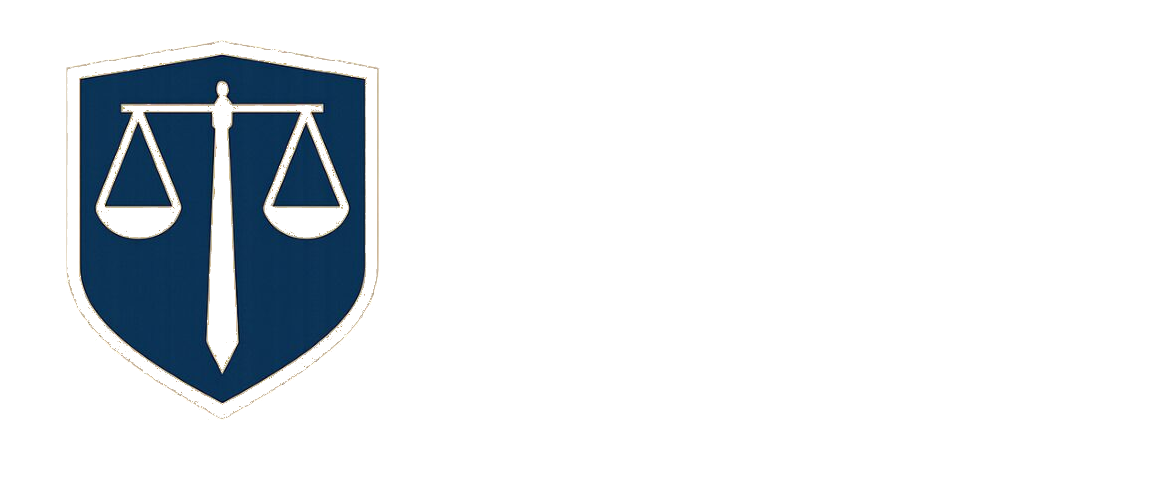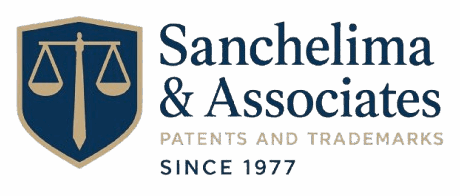Introduction: As an innovator, you pour time, energy, and resources into turning a new idea into a reality. The next logical step is to protect that invention from being copied. That’s where a patent comes in. But before you get too far down the road, it’s crucial to understand the fundamental criteria that determine if your invention is actually patentable. A great idea alone isn’t enough to secure a patent; it must meet specific legal standards.
The Three Pillars of Patentability:
- It Must Be Novel (New): This is the most basic requirement. Your invention must be new. The U.S. Patent and Trademark Office (USPTO) defines “new” very strictly. If your invention has been previously patented, described in a publication, or used publicly by others before your patent filing date, it may not be considered novel. This is why a thorough patent search is a critical first step—it’s the only way to confirm your invention is truly unique.
- It Must Be Non-Obvious: Even if your invention is new, it must not be obvious to a “person having ordinary skill in the art.” This means if someone in the same field could have easily figured out your invention based on existing knowledge or technologies, it’s likely not patentable. For example, simply combining two well-known products without a new function or benefit would likely be considered obvious. A patentable invention must present an unexpected or inventive leap forward.
- It Must Be Useful: The invention must have some form of utility or purpose. This is a broad requirement and generally easy to meet. A machine, a process, an article of manufacture, or a composition of matter must all have a practical use. The “useful” requirement is primarily designed to exclude purely theoretical concepts or ideas that have no real-world application.
What Cannot Be Patented?
It’s also important to understand what falls outside the scope of patent protection. You generally cannot patent:
- Laws of Nature: For example, the law of gravity or the formula for water (H2O).
- Natural Phenomena: Naturally occurring things like a new mineral or a plant found in the wild.
- Abstract Ideas: A simple mathematical formula, a business method without a tangible process, or an algorithm on its own.
Next Steps for Innovators: If you believe your invention meets the criteria of being novel, non-obvious, and useful, your next step is to conduct a thorough patent search and prepare to file your application. This is a complex legal process that requires a detailed understanding of patent law. Working with an experienced intellectual property attorney is essential to ensure your application is properly drafted to protect your invention’s full value.
Conclusion: Protecting your innovation is an investment in your future. By understanding the core requirements of patentability, you can set a strong foundation for securing the exclusive rights to your invention.
Call to Action: Have an idea you want to protect? Schedule a consultation with the patent attorneys at Sanchelima & Associates, P.A. to assess your invention’s potential and discuss your options.







